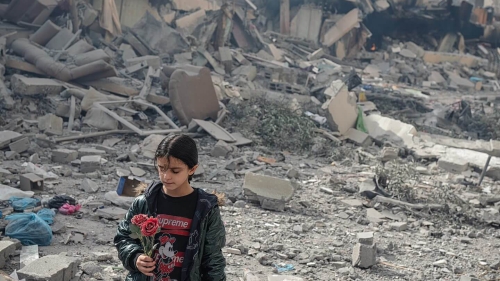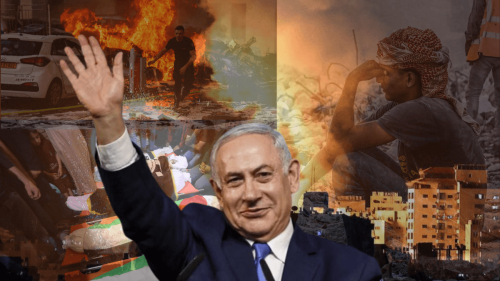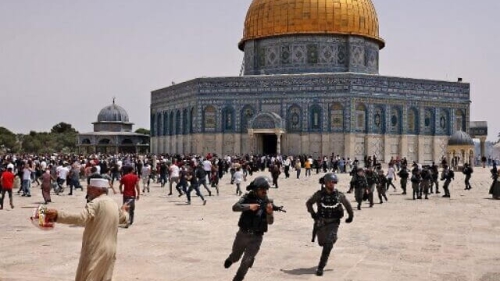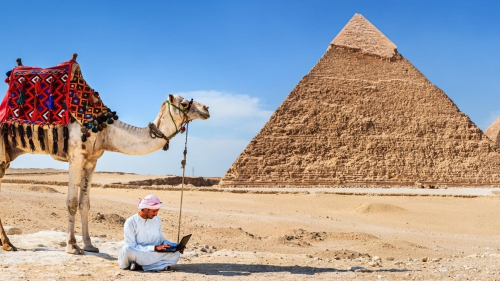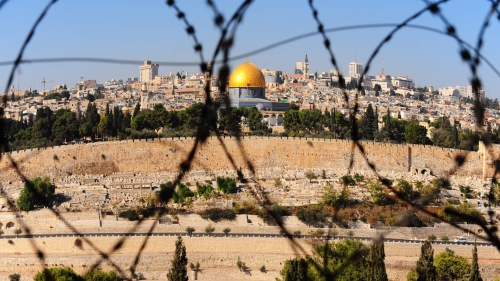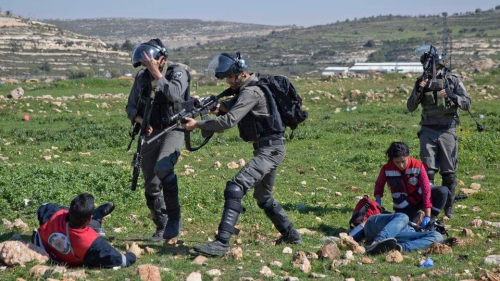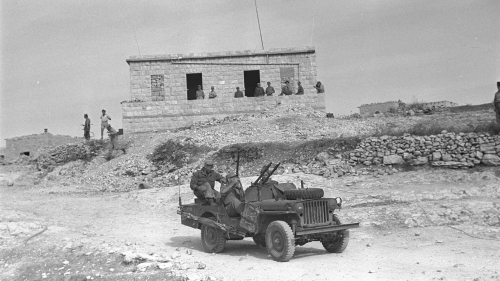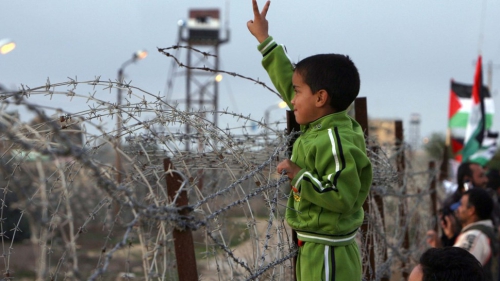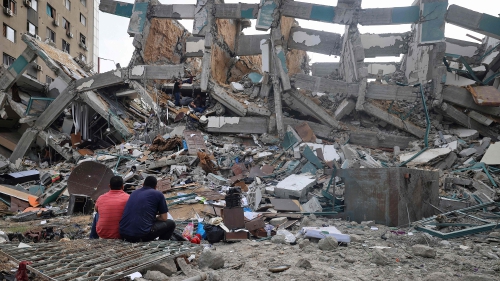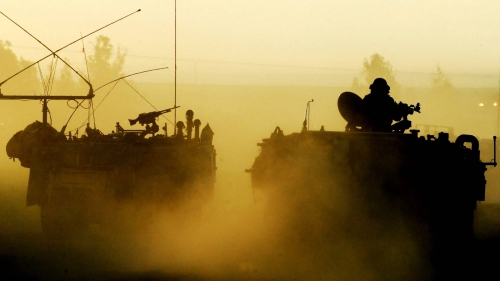Jerusalem Violence Hits Close to Home
The ongoing violence in Jerusalem and the rest of the Israeli-Occupied Territories has struck quite close to home. When Israeli Likud leader Ariel Sharon paid a provocative visit to Muslim holy sites at Haram al-Sharif (the Noble Sanctuary) in Jerusalem last week, Palestinians naturally responded with outrage. Mostly comprised of youths armed with little more than stones, the demonstrators were no match for Israel's army.
So far, 53 Palestinians have been killed and thousands wounded. Like virtually every one of the world's 5 million Palestinians scattered across the globe, I have friends and family living in the West Bank (including East Jerusalem) and the Gaza Strip. Most of my family members live in a small West Bank town near Ramallah. My friends are scattered across the Occupied Territories. Over the years, I have traveled often to Palestine, both as an American tourist and as part of medical relief missions as a physician working with refugees and other impoverished and medically underserved Palestinians.
One of my close friends is Khaled Zighari, a Jerusalem native and accomplished photojournalist who strings for Reuters as well as other Middle Eastern news agencies. I first met Khaled in 1993 while working on a medical school research project dealing with preventive health services for Palestinians in the West Bank and Gaza. He joined me on fact-finding trips throughout the Occupied Territories. His knowledge of Hebrew and his courage saved me on several occasions from arrest and certain beating at the hands of Israeli soldiers, who once mistook me for a wanted fugitive when I was touring a Gaza refugee camp.
Thus, when the protests began in Jerusalem, I naturally thought of Khaled, whom I most recently saw last December during a medical relief trip. We prayed special Ramadan communal prayers (Taraweeh) together at the al-Aqsa mosque-- the flashpoint of this week's violence--on Christmas eve.
I looked up his cell phone number Saturday night (9:30 AM Sunday morning Jerusalem time) and gave him a call. His voice sounded atypically weary as he answered my call. Laughing, I chastised him for sleeping in on what was certain to be a busy news day. He assured me that he was not sleeping in, then went on to tell me almost matter-of-factly that he was in the hospital. As I listened horrified, he continued by describing being shot point blank by an Israeli soldier while covering the protests in Jerusalem Friday afternoon.
"Where were you standing?", I asked him, certain that he must have been caught in the middle while photographing Palestinian demonstrators and Israeli soldiers. In a pained voice, sometimes fading as he experienced a paroxysm of pain, he told me how he had taken cover in a small museum located on the grounds of the Al-Aqsa mosque compound. The soldiers burst inside the sanctuary, he related, and began firing at everyone inside. "The soldier was standing right over me when he shot me", he noted. He sustained a severe wound with one of those notorious rubber-coated metal bullets, which left a two-inch wound in his right thigh. He went on to describe how the soldiers subsequently confiscated his camera equipment and film, to make certain this small incident would not find its way to the pages of any newspaper.
He reassured me that he was fortunate he was only struck in the leg, as at least seven people had been struck with these bullets in the eye, losing their vision. I inquired whether he was hospitalized at Al-Maqassed, the major Palestinian hospital in East Jerusalem. "No," he said, "four hospitals are full of other victims. "I am at Hadassah" (the Israeli hospital in East Jerusalem).
He told me that doctors there had recommended he remain in the hospital a few more days. I wished him a speedy recovery, then told him goodbye. After hanging up the phone, I realized just how lucky Khaled really was. Such a wound could have resulted in damage to major arteries in his leg, an injury which would have necessitated emergency surgery and might have cost him his leg. Worse yet, he could have been struck in the head, as were many of the Palestinians killed and wounded. He was lucky indeed. The same could not be said for the 53 Palestinians who have so far lost their lives in this "Jerusalem intifada".






